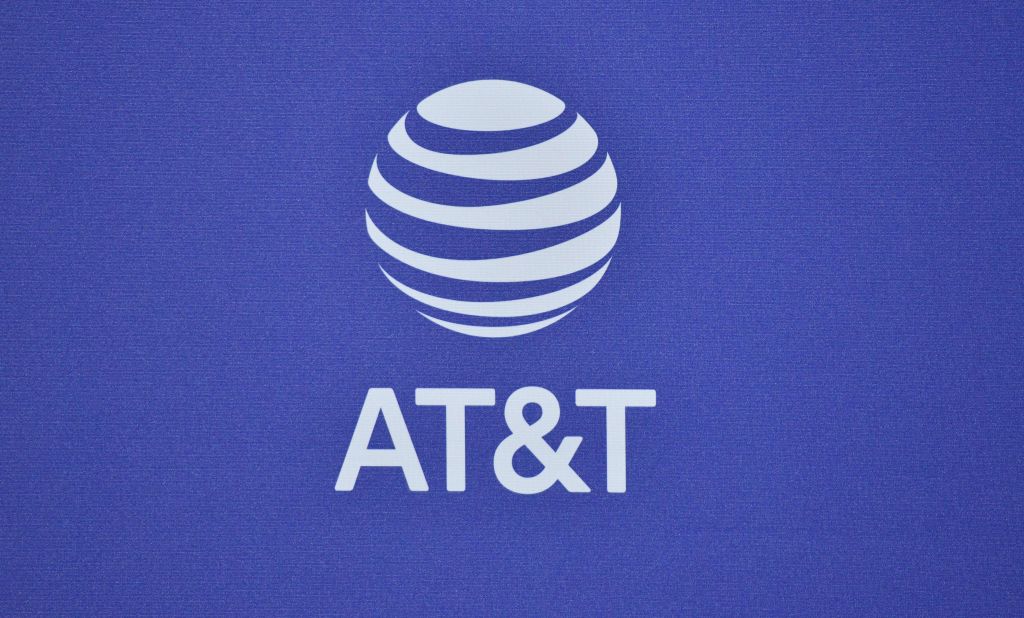AT&T's mandatory-arbitration clause is unenforceable in a class-action case over AT&T's throttling of unlimited data, a panel of US appeals court judges ruled this week.
The nearly five-year-old case has gone through twists and turns, with AT&T's forced-arbitration clause initially being upheld in March 2016. If that decision had stood, the customers would have been forced to have any complaints heard individually in arbitration.
But an April 2017 decision by the California Supreme Court in a different case effectively changed the state's arbitration law, causing a US District Court judge to revive the class action in March 2018.
AT&T appealed that ruling to the US Court of Appeals for the Ninth Circuit, but a three-judge panel at that court rejected AT&T's appeal in a ruling issued Tuesday. Judges said they must follow the California Supreme Court decision—known as the McGill rule—"which held that an agreement, like AT&T's, that waives public injunctive relief in any forum is contrary to California public policy and unenforceable."
"Because we are bound by our decision in Blair [another case involving the McGill rule], we hold that AT&T's arbitration agreement is unenforceable. Accordingly, we affirm the district court's order denying AT&T's motion to compel arbitration," judges wrote Tuesday.
AT&T claimed that the Federal Arbitration Act preempts the California law, but the appeals court had already ruled in Blair that this federal law doesn't preempt the McGill rule. The judges were also not persuaded by AT&T's argument that the court "abused its discretion in reconsidering its initial order compelling arbitration." Judges wrote:
Here, the district court identified and applied the correct legal rule—a district court should grant a motion for reconsideration only if the "district court is presented with newly discovered evidence, committed clear error, or if there is an intervening change in the controlling law." In other words, a motion for reconsideration "may not be used to raise arguments or present evidence for the first time when they could reasonably have been raised earlier in the litigation." The district court found that McGill changed the controlling law and that Plaintiffs could not have reasonably raised McGill's public injunctive relief issue earlier in the litigation.


